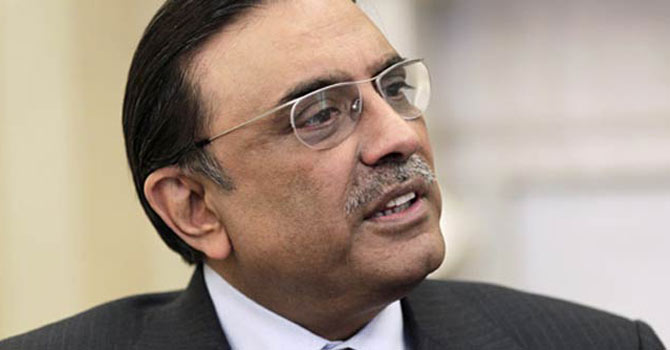In a significant development, President Asif Ali Zardari has signed the contentious Madrassa Registration Bill into law, concluding weeks of discord between the government and the Jamiat Ulema-e-Islam-Fazl (JUI-F). The bill, now an Act, introduces a new regulatory framework for madrassas under the Societies Registration (Amendment) Act, 2024.
Key Highlights of the Madrassa Registration Act
- Mandatory Registration:
- Madrassas currently in operation must register within six months of the Act’s commencement.
- Newly established madrassas must register within one year of their establishment.
- Centralized Registration:
- Madrassas with multiple campuses will require only one registration.
- Annual Reporting and Auditing:
- Madrassas must submit annual educational activity reports to the Registrar.
- Financial accounts must be audited, and audit reports filed with the Registrar.
- Content Restrictions:
- Madrassas are prohibited from teaching or publishing materials that promote militancy, sectarianism, or religious hatred.
Amendments to the Societies Registration Act
President Zardari also issued an ordinance introducing amendments to the Societies Registration Act. These amendments apply exclusively to Islamabad, allowing madrassas to choose between registering with the Ministry of Education or the Ministry of Industries.
Resolution of Disputes
The bill’s passage follows a series of negotiations between the federal government and the JUI-F. Prime Minister Shehbaz Sharif personally engaged with JUI-F chief Maulana Fazlur Rehman to address the party’s concerns.
The agreement between the government and the Ittehad Tanzeemat-e-Madaris Deenia (ITMD) ensured the bill’s smooth passage through both houses of Parliament.
President’s Previous Objections
President Zardari initially withheld assent to the bill, citing the following concerns:
- International Implications:
- Fear of sanctions from international bodies like the Financial Action Task Force (FATF) and the Generalised Scheme of Preferences Plus (GSP+).
- Conflict of Interest:
- Concerns over the misuse of madrassas registered as societies for non-educational purposes.
- Sectarianism Risks:
- Potential increase in sectarianism and law-and-order issues due to unregulated registration.
- Contradictions in Definition:
- Ambiguity in the definition of madrassas across various provisions of the bill.
=Impact and Future Prospects
The enactment of this legislation marks a significant shift in the regulation of religious seminaries in Pakistan. While it aims to bring transparency and accountability to madrassa operations, critics argue it may lead to unintended consequences, including potential international criticism.
As the law comes into effect, its implementation and reception by madrassas and other stakeholders will determine its long-term success.



